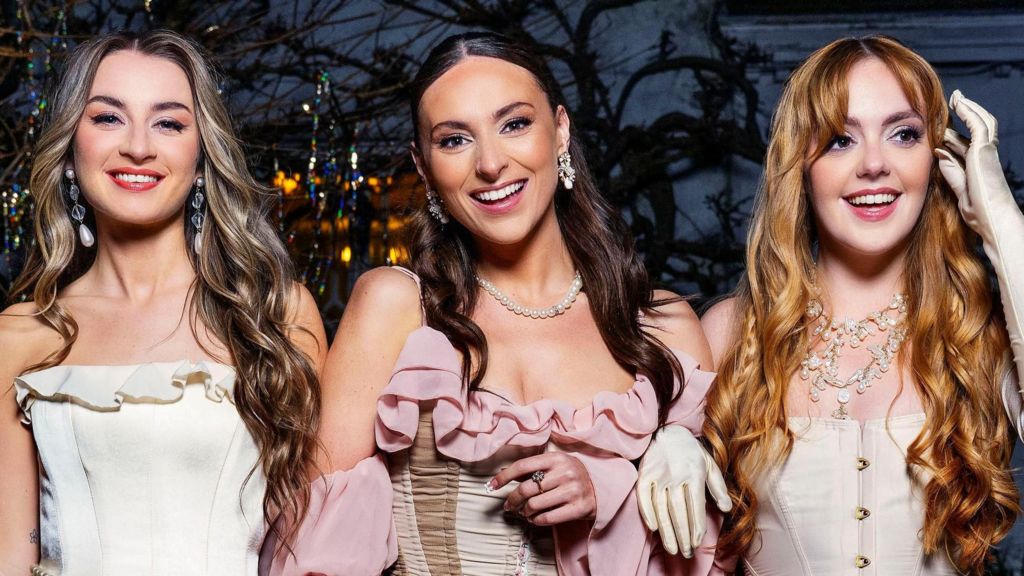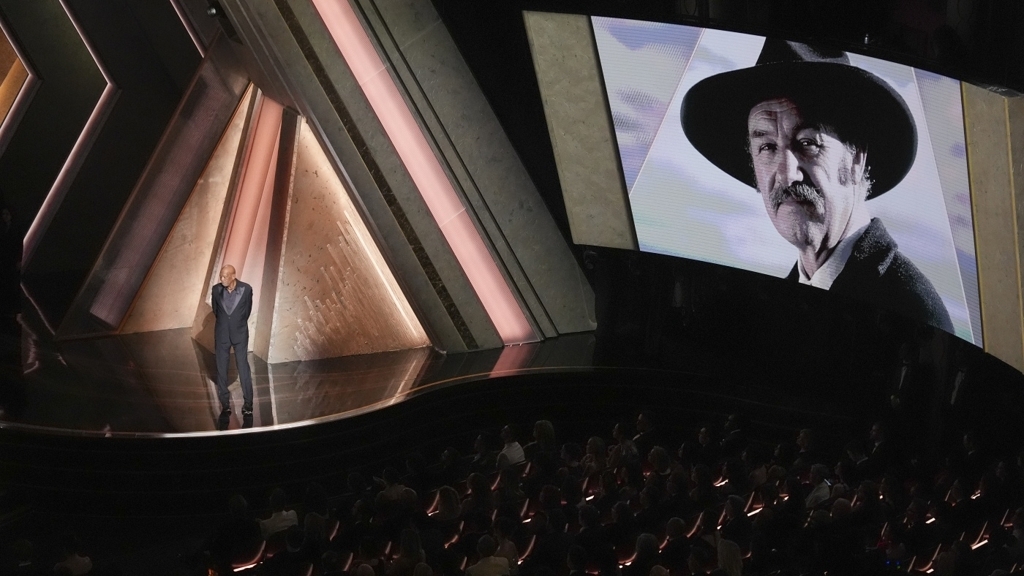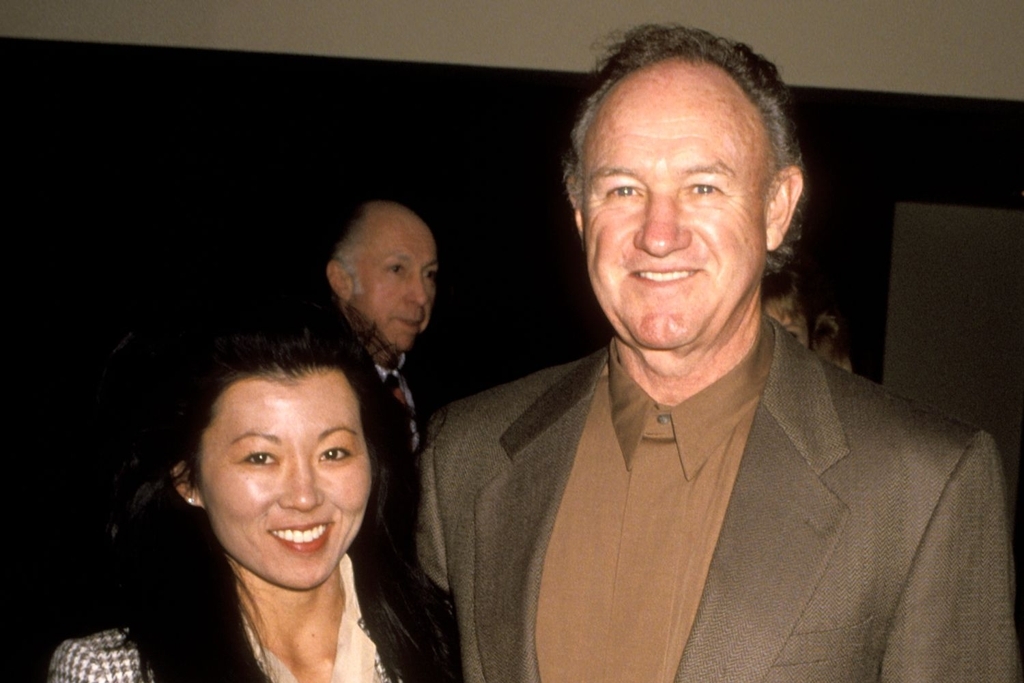Remembering Roberta Flack's Legacy in Music and Empowerment
Explore Roberta Flack's incredible journey as an R&B icon and advocate, celebrating her powerful music and lasting impact on culture and education.

Key Points
- Roberta Flack, a classically trained pianist, gained fame in her 30s with iconic hits like "The First Time Ever I Saw Your Face".
- Flack's emotive vocal style and commitment to social issues made her a pioneering figure in R&B and an advocate for civil rights.
- Despite facing health challenges, Flack's lasting legacy continues through her music and influence on future generations of artists.
Roberta Flack, the R&B legend known for her emotive voice and timeless classics, has passed away at the age of 88. Her remarkable journey as a musician and educator not only touched the lives of many but also paved the way for countless artists who followed her. Flack's commitment to her craft and her profound ability to connect with audiences truly set her apart in the music industry.
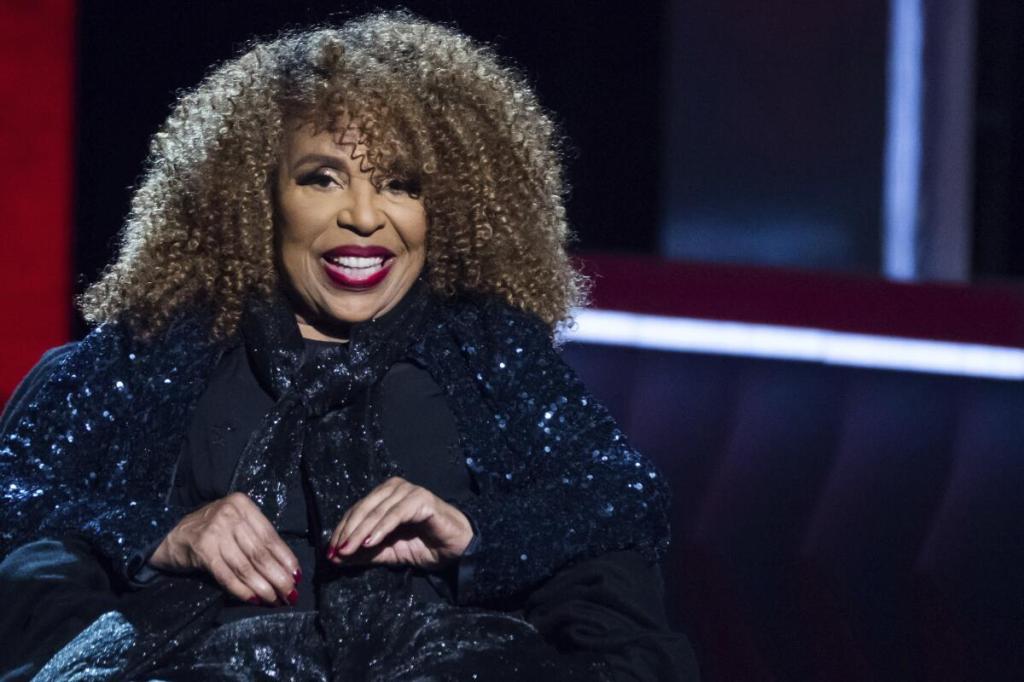
A Journey from Humble Beginnings
Born in Asheville, North Carolina, and raised in Arlington, Virginia, Roberta Flack was a prodigious talent from an early age. By the age of 15, she secured a scholarship to
due to her exceptional piano skills. Flack began her professional career by teaching music in schools while singing in jazz clubs, where she was discovered by Les McCann, a pioneering jazz musician who recognized her unique vocal talent. Her transformation from a dedicated educator to a celebrated recording artist came at the age of 34.
Pioneering Musical Moments
Flack's breakout moment arrived in the early 1970s when her rendition of "The First Time Ever I Saw Your Face" became an iconic soundtrack for
's film "Play Misty for Me". This pivotal moment not only elevated her career but also showcased her subtle yet powerful vocal style that captured the essence of love and longing. This ballad topped the Billboard charts in 1972 and subsequently earned her a Grammy for Record of the Year, a milestone she accomplished again in 1973 with "Killing Me Softly With His Song".
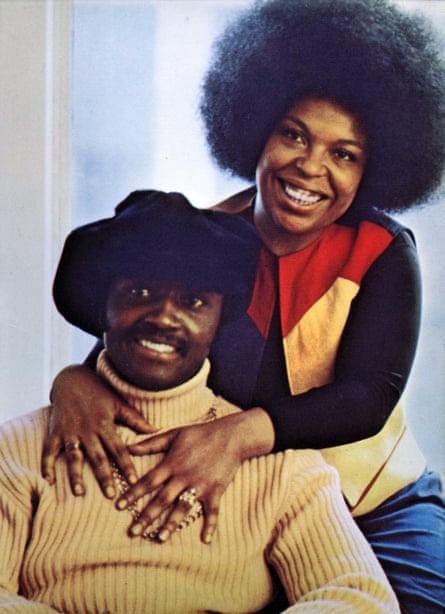
Flack’s Influence on the Music Scene
Throughout the 1970s, Flack solidified her status as a leading figure in the music industry with hits like "Feel Like Makin' Love" and collaborations with fellow artists such as Donny Hathaway. Together, they created memorable duets that remain popular to this day. Her versatility, whether embodying the gospel fervor of
or delivering softer, reflective melodies, established Flack as a powerful voice in music—a voice that resonated with not just the African-American community but with audiences of all backgrounds.
Despite facing some criticism for her restrained style, Flack's musical genius and individuality shone through. She famously defended her unique sound by stating, "I sing the way I do. I am not a black person who sounds anything like Aretha Franklin or like
. I shouldn’t have to change in order to be who I am". Such boldness and authenticity in her artistic expression only heightened her appeal, proving that there is diverse richness within music.
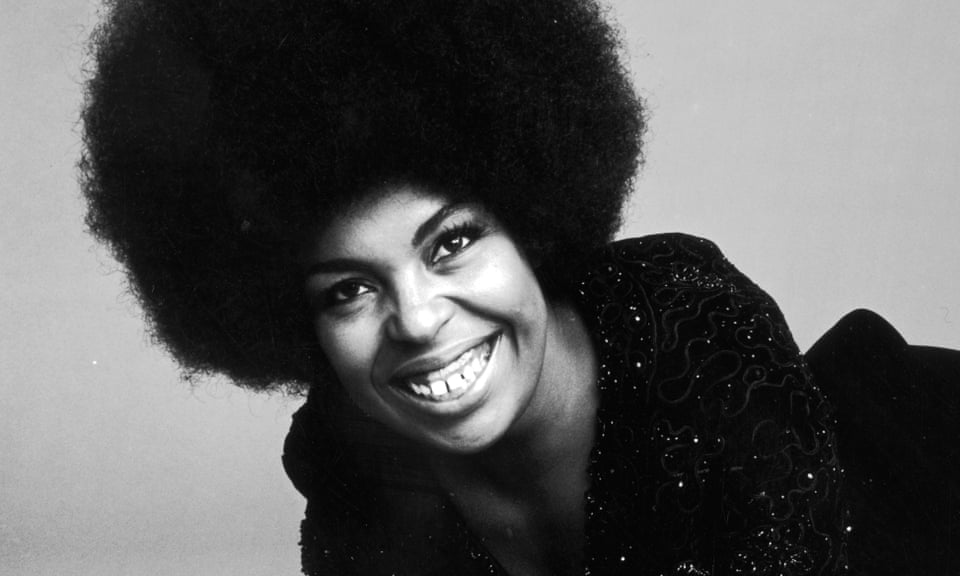
A Legacy Beyond Music
Flack was also deeply committed to social issues and education. She used her platform to advocate for civil rights and was involved with various charitable causes, remaining an influential figure in the fight for equality and representation. Her dedication to teaching music, particularly to underprivileged youth, has left an important legacy through the Roberta Flack School of Music, serving as a testament to her belief in the transformative power of music.
After suffering a stroke in 2016 and facing the challenges of ALS, Flack continued to inspire with her resilience. In 2020, she was honored with a lifetime achievement Grammy, reflecting her lasting impact on the music industry. In recent years, her music was brought back into the spotlight with modern covers by artists like the
, demonstrating that Flack's influence endures across generations.

Roberta Flack's profound contributions to music and her unwavering commitment to social justice encapsulate a legacy that will resonate for years to come. As we remember her life and work, we celebrate not just her extraordinary talent but also her role as a pioneer who broke boundaries and enriched the world with her voice. Flack's journey, from a gifted child to a global superstar, reminds us that music is not just an art form but a powerful means to evoke emotions, inspire change, and forge connections across diverse communities.
